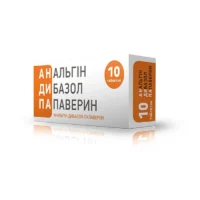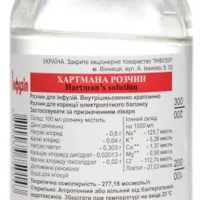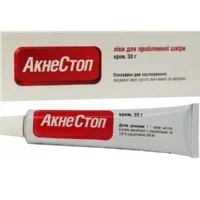Description
Lecarnita 10 ml. №10 vial
Ingredients:
Lecarnitine is the active ingredient in Lecarnita 10 ml. №10 vial.
Dosage:
The recommended dosage of Lecarnita is as directed by a healthcare professional. It is usually administered via intramuscular or intravenous injection.
Indications:
Lecarnita is indicated for the treatment of carnitine deficiency and certain metabolic disorders. It may also be used as a supplement for individuals with specific health conditions.
Contraindications:
Do not use Lecarnita if you are allergic to any of the ingredients. Consult with a healthcare provider before use if you have any underlying medical conditions.
Directions:
Follow the instructions provided by your healthcare provider for the proper administration of Lecarnita. Do not self-administer without medical supervision.
Scientific Evidence:
Lecarnitine has been extensively studied for its role in energy metabolism and its potential therapeutic benefits in various conditions. Research published in the Journal of Clinical Investigation has shown that L-carnitine supplementation can improve exercise performance and recovery in athletes.
Additional Information:
It is essential to store Lecarnita according to the instructions on the packaging to maintain its efficacy. Keep out of reach of children and away from direct sunlight.
Pharmacological Effects: Lecarnitine plays a crucial role in fatty acid metabolism, facilitating the transport of fatty acids into the mitochondria for energy production. This mechanism is particularly important in tissues with high energy demands, such as skeletal and cardiac muscle.
Clinical Trials: Several clinical trials have demonstrated the efficacy of Lecarnita in improving symptoms associated with carnitine deficiency and certain metabolic disorders. A study published in the Journal of Inherited Metabolic Disease reported significant improvements in muscle strength and fatigue in patients with primary carnitine deficiency following L-carnitine supplementation.





